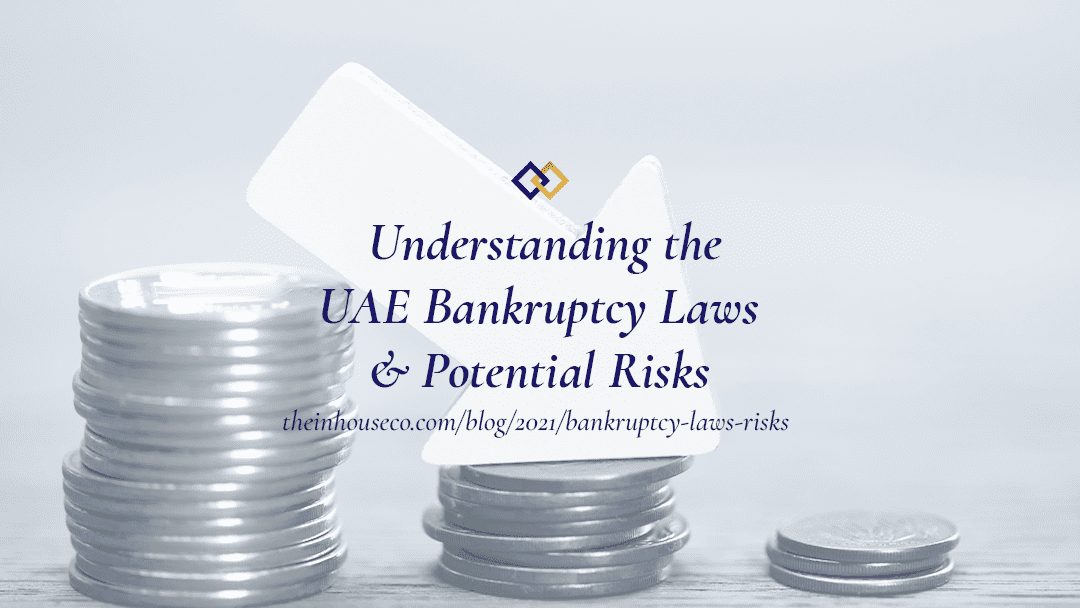Apparently Alexa and Siri are the only women who listen to men. Do you know these women I’m talking about? Well, let’s just say they are not real. That would be quite something.
Long live artificial intelligence (AI).
In our continued fast pace of life, is becoming increasingly evident that any technology provider who is ignoring the rapid surge of voice technology will find themselves seriously left behind. Most of us are now looking for the ultimate luxury – an assistant who would always listen for our calls, anticipate our needs and take actions when necessary.
Voice technology has enhanced our ability to tackle everyday struggles, and this has resulted in its wide acceptance across various verticals including businesses, governments, and home users. Companies are now releasing their own voice technology integrations to meet the demands of their consumers. All brands are concentrating on developing their voice content for Amazon Alexa, Google Assistant, Apple’s Siri, Microsoft Cortana, and other devices. In the new era of voice; businesses must rush to implement voice-activated technologies to remain relevant and competitive.
With voice recognition technology, we will probably never want to use our keyboards again. We no longer have to write documents, emails or even text messages. This can be done by simply speaking our thoughts out loud to computers, smartphones, or tablets.
Voice Assistants are doing a great job at personalising technology at homes. In some smart home, you can already give commands to your appliances and your fridge can tract your shopping list or create one and manage your calories. Some companies are working on implementing voice-activated technology that allows users to talk to apps – allowing them to book taxis, order food and much more.
Concerns about misinformation related to the recent coronavirus pandemic spurred some governments to turn to AI as a way to communicate accurate information about the COVID-19 virus to its citizens. AI-powered voice assistants were at the forefront of the fight against the pandemic helping triage patients and answering questions about the virus, its symptoms, vaccines and provided vital COVID-related information, and more.
The UAE government’s interest in voice and AI was about much more than the pandemic. The government has various bilingual (English and Arabic) conversational artificial intelligence agents who offer official answers. These voice assistants allow customers to effortlessly access the government services straight from their smartphones. They respond to enquiries 24/7 regarding the necessary procedures, documents, and requirements to conduct various transactions, all according to the extensive database partnered with many government entities.
Before the technology is scaled up to widespread use, the users must be convinced of its safety and correct operation.

With voice technology entering many homes and offices and traversing across different industries, the inarguable fact of their progress is that they understand and actively assimilate information through pattern processing and machine learning. The beauty of this is that it effectively gains the capability to run our daily routines for us. The unperceived cost of our behavioral shift and overreliance on AI and voice technology is an unwitting push of our private information into the corporate information cloud. This can lead to compromise of privacy and security that can be quite significant and detrimental.
Many ethical dilemmas arise from the expansion of AI. As users, we are unaware of the management and movement of our data that has been captured by the AI and voice technology. This raises the ominous question of who has access to our information and what purposes do they use it for. Privacy is an ongoing concern for many individuals and entities. However, users can be safeguarded by prompt guidance on handling such matters. In many parts of the world, requirements are enforced upon such service providers to inform their service users about the users’ legal and contractual rights and obligations, fully explain the operations of the AI and acquire consent for the use and transmission of their data.
One of the other greater concerns of many minds is whether the AI has the capability to think and process information like humans do and share the values that humans possess. Although, this may be the intention of AI developers, AI technologies can imavertedly embed the biases that are inherent in our daily behavior. For example, if a bias of some sort exists during a recruitment process, the AI will learn this pattern and reinforce the bias within its system. This requires developers to continuously alter the digital codes to ensure that the true purpose of the AI is being achieved.
The European Union has foreseen these technological advancements and have made legal provisions within the GDPR (General Data Protection Regulation) which spans across all commercial activities to ensure the protection of private data collected from users. This precedent shows the plausible transformation of the legal regulations to fully address the risks and issues arising from voice technology. Although many jurisdictions including the UAE are introducing AI centric legislations, most can be construed as soft approaches, in an effort to boost the growth of the AI sector instead of quashing it.
Tech giants like Apple have stated in their App Store Review Guidelines that any audio or video content of a user that an App Developer gains access to, must be acquired after explicitly requesting for it and they should ensure to provide proper indications when any data of the user is being recorded. Through enforcing such requirements, companies like Apple can ensure that the information that third parties acquire through the Apple’s voice control technology is not salvaged in a manner that leaves the iOS users at a disadvantage.
Like any new advancement, the voice and AI technology will revolutionize the operational and customer care flow across all industries. To close the gap of the incongruent wavelength created, tighter privacy law provisions may have to come into place as effective controls with such nuances that authorities can safely manage the growth and movement of data to assure safety of users worldwide.
A complex grid of codes and many voices (no pun intended).



















